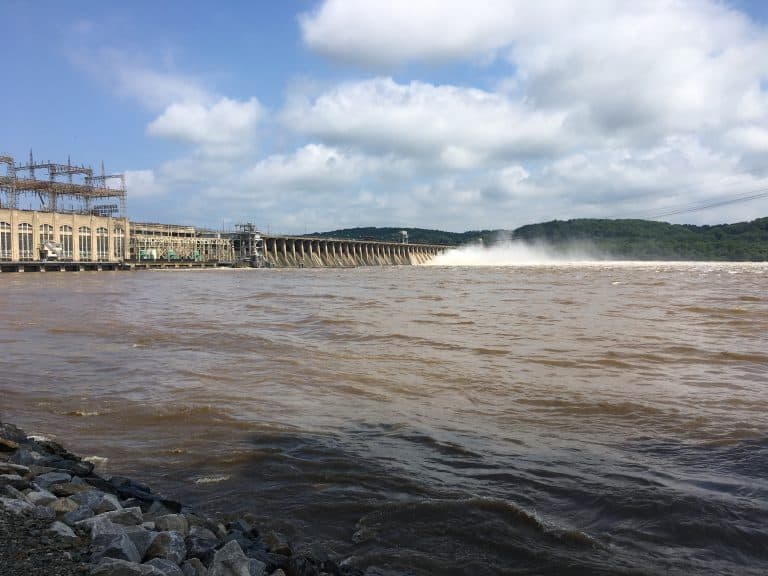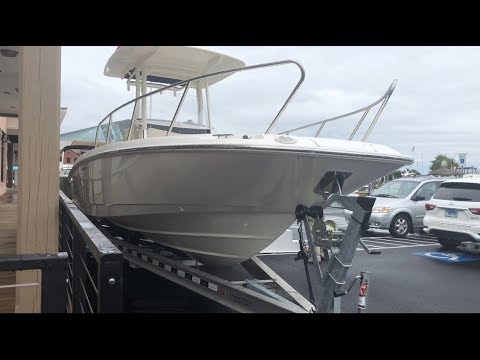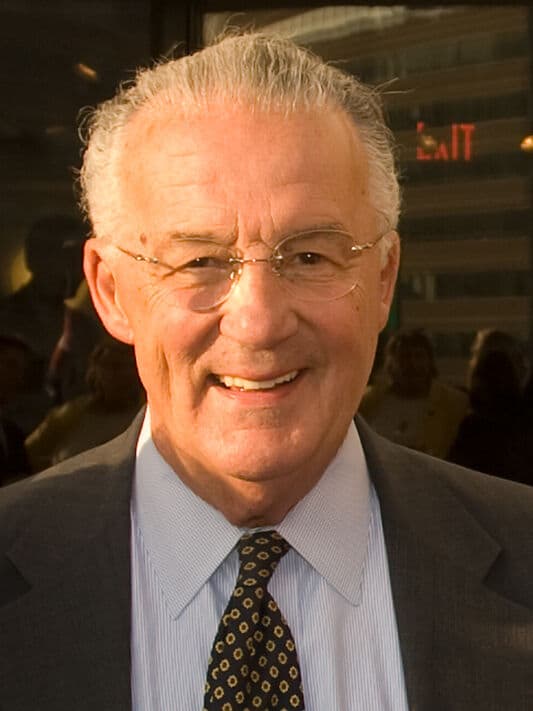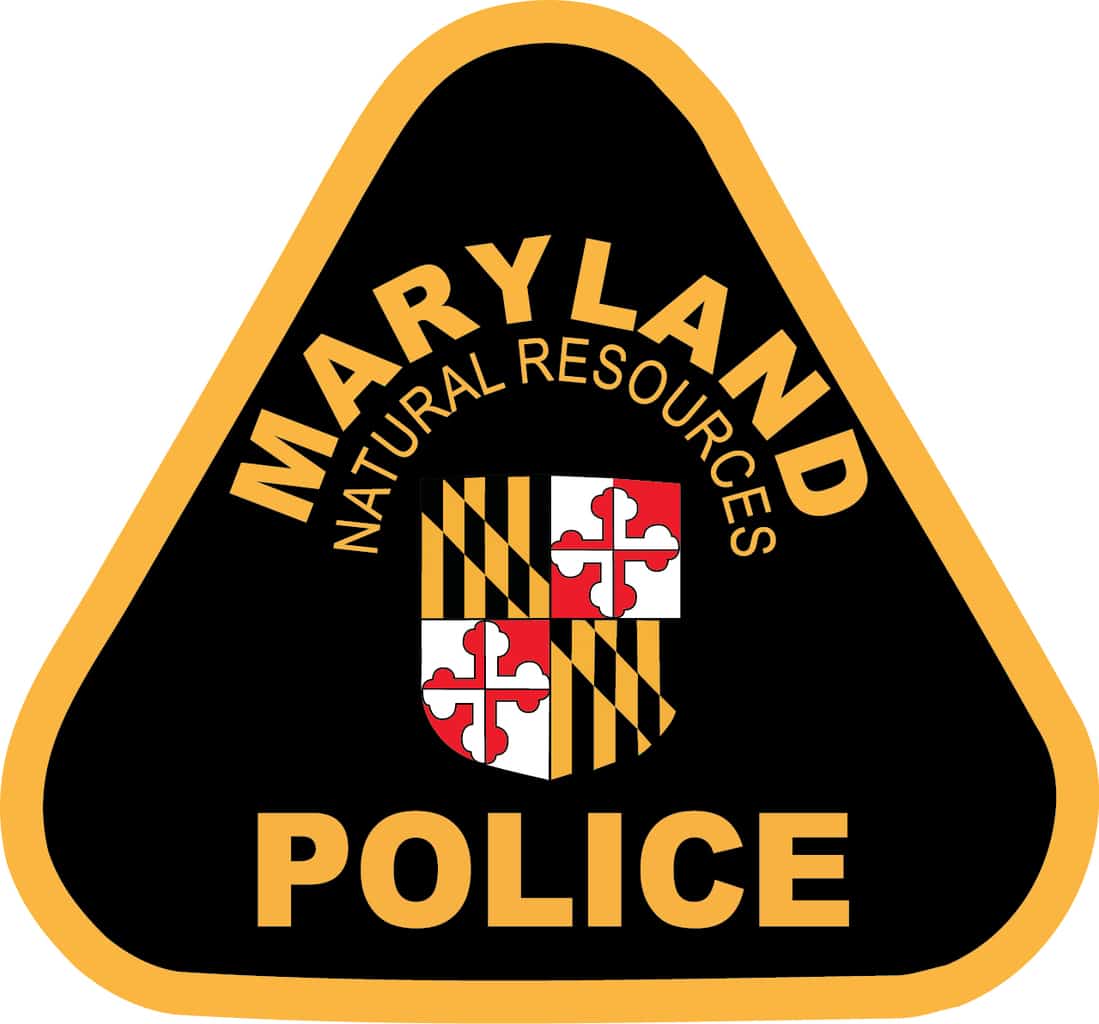A years-long legal battle between the state of Maryland and the owner of the Conowingo Dam appears to be over. Governor Larry Hogan and Exelon Generation Company announced a $200 million settlement on Tuesday, requiring Exelon to invest in environmental projects and water quality improvements on the Lower Susquehanna River and the Bay.
Exelon needed a water-quality certification from the state in order to seek a new, 46-year operating license from the Federal Energy Regulatory Commission (FERC) to continue generating power from Conowingo. Maryland issued the certification, but with strings attached.
Exelon would have to fund pollution control practices to the tune of $172 million per year and take steps to improve fish passages, manage river flows, and keep debris from flowing downstream. Those demands set off a lawsuit from Exelon.
This new $200 million agreement settles all outstanding legal issues, according to the governor’s office and Exelon.
“This settlement is a significant and positive step in the right direction, and with the cooperation of Exelon and upstream states, we can continue making progress in our efforts to preserve and protect this great national treasure,” said Governor Hogan.
Scientific reports confirm that the Conowingo Dam has reached full capacity and can no longer stop upstream pollution from entering the Chesapeake Bay. When the Bay saw record water flows during a particularly wet summer and fall in 2018, debris from the dam clogged tributaries and shorelines all the way to Annapolis.
Exelon’s $200 million in investments include nearly $107 million in cash payments for the environmental projects listed below:
- $52 million to implement new requirements for flow control that will create more natural conditions in the Lower Susquehanna River, resulting in enhancements to aquatic life and the downstream ecosystem, and better upstream migratory fish passage.
- $47 million for climate resiliency projects, including submerged aquatic vegetation, clams, oysters, and restoration of living shorelines.
- $41 million to significantly increase efforts to remove trash and debris flowing down the Susquehanna River.
- $25 million for an unprecedented initiative to restore a healthy population of water-filtering mussels in the Susquehanna River, including contribution of land for the construction of a 40,000 square foot, state-of-the-art hatchery.
- $19 million for other projects to improve water quality in the Chesapeake Bay, including agricultural projects such as cover crops and forest buffers.
- $12 million to support MDE and the Department of Natural Resources in overseeing and implementing the agreement.
- $11 million—over and above the commitments already made by Exelon in its 2016 settlement with the U.S. Fish and Wildlife Service—to make upgrades and operational changes to improve the passage of migrating fish and eels.
- $5 million to conduct chlorophyll A monitoring and reporting.
- $1 million for eel-related research and projects.
- $500,000 to fund a study of dredged material management options
Exelon says it’s already helping the environment by producing carbon-free energy that powers about 165,000 homes in the region. The dam, the company says, doesn’t produce any pollution and is a significant contributor to combatting climate change.
“Exelon Generation and the State of Maryland share a commitment to restoring and sustaining the health of the Chesapeake Bay, which has been strengthened by this agreement,” said Chris Crane, president and CEO of Exelon. “This is a victory for clean energy and the long-term preservation of the Chesapeake Bay.”
The settlement must be approved by the Federal Energy Regulatory Commission (FERC) as part of the dam’s licensing renewal.
Exelon has already committed to pay about $300 million in a settlement with the U.S. Fish and Wildlife Service for fish passage facilities at the dam and $120 million to dredge recreational sites like Broad Creek, Conowingo Creek, Peters Creek, and Glen Cove Marina.
-Meg Walburn Viviano




